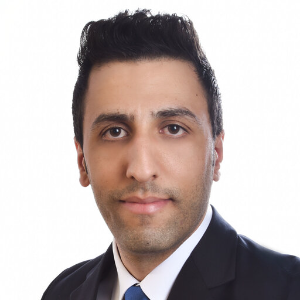Title : The production of electrically conductive nanocellulose and its potential
Abstract:
Conductive organic materials are the subject of a significantly growing research area. They have a great potential for many applications such as energy solutions, electronics, medicine, pharmacy, environmental monitoring, and many others. Due to their biodegradability, bio-based materials as one group of organic materials have been proposed to help in reducing the massive amounts of electronic waste (E-waste) rising from the revolution in technological products such as mobiles and laptops. About 50 million tons of E-waste are generated annually. Moreover, if the electronic products are human health solutions such as biochips for human body sensing or drug delivery systems, the biocompatibility of bio-based materials is a major advantage. Among bio-based materials, Cellulose Nanocrystals (CNCs) can be extracted from cellulose, the most abundant biopolymer on Earth. They are lightweight rod-like nanoparticles with an elastic modulus higher than that for Kevlar fibers (110-220 GPa for CNCs, 125-130 GPa for Kevlar). They have shown a great potential in a wide range of applications including automotive industry and medicine. Despite of the interesting properties of CNCs, the research on their inclusion in electronics is limited on their use as inactive substrates to hold the conductive components. It is believed that the development of technologies to render them conductive could foster the production of bio-based electronics. Towards this goal, this presentation proposes an approach to convert the electrically-insulate cellulose nanocrystals using the proper chemistry into high-value conductive nanoparticles.
Audience take away:
• The audience will have an idea about the current situation regarding electronic waste.
• The audience will visualize the potential bio-based materials have in resolving this problem.
• The presentation will also show that bio-based conductive materials can have superior properties and have a great potential in a wide range of applications.
• The audience may be inspired to use bio-based conductive materials in applications, in which they are interested.



